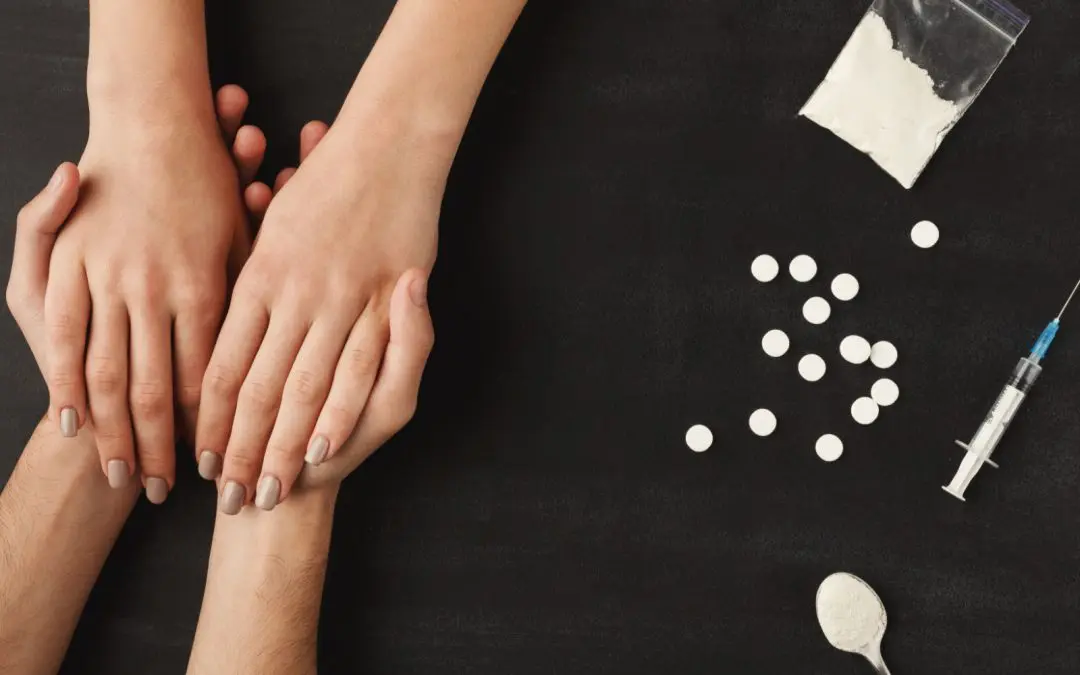24/7 Helpline:
(866) 899-221924/7 Helpline:
(866) 899-2219
Learn more about PTSD Rehab centers in Clay County

Other Insurance Options

Covered California

Magellan Health

Cigna

Group Health Incorporated

Sutter

Absolute Total Care

AllWell

United Health Care

Regence

Excellus

Aetna

Providence

Amerigroup

Oxford

CareFirst

CareSource

GEHA

Multiplan

BlueCross

Ambetter














